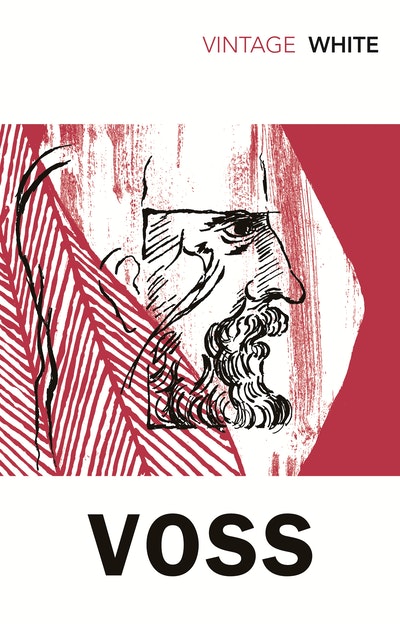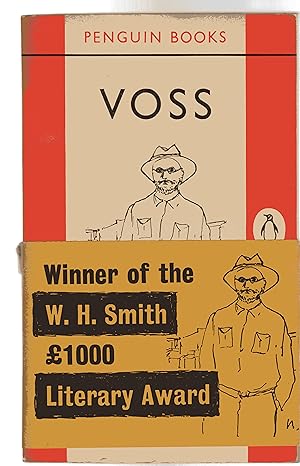
The novel is epic in its depiction of a doomed 1840s expedition into the great and forbidding Australian interior led by a German explorer, Voss and it is psychological in its characterisation of the mutual obsession that develops between Voss and a young woman, Laura, whose acquaintance he makes shortly before setting out. The Nobel Committee for Literature, which granted White its prize in 1973, described his writing as ‘epic and psychological narrative art which introduced a new continent into literature’. Giving in to a fit of nostalgia for long, complex, well-paced and beautifully written fiction, I recently found myself re-reading White’s 1957 historical novel Voss and I found myself as gripped as I was when I first read it some forty years ago.

Finally, then, this study argues that literature’s unique ability to acknowledge alterity enables it to serve as an effective tool for critiquing colonial discourses.Last year, 2012, marked the centenary of the birth of the Australian writer Patrick White, a fact I noted with piqued interest because the name stirred memories of youthful reading habits.

Chapter Four investigates the representation of landscape, language and subjectivity in Malouf’s An Imaginary Life. The third chapter examines Ondaatje’s depiction of the Sahara Desert in The English Patient, and focuses on his concern with the ways in which language and cartographic discourse influence the subject’s perception of the natural world. Chapter Two analyses White’s representation of subjectivity, imperial discourse and the Outback in Voss. The first chapter of the thesis outlines the postcolonial and poststructural theory that informs the readings in the later chapters. One of the principal contentions of the study, then, is that the novels under consideration deploy a postmodern aesthetic of the sublime to undermine colonial discourses. White, Ondaatje and Malouf chart their protagonists’ inability to comprehend and document the landscapes they encounter, and the ways in which this failure calls into question their subjectivity and the epistemologies that underpin it.

The study demonstrates that these novels all emphasise the instabilities inherent in imperial epistemology. This thesis argues that Patrick White’s Voss, Michael Ondaatje’s The English Patient and David Malouf’s An Imaginary Life depict landscape in a manner that reveals the inadequacies of imperial epistemological discourses and the rationalist model of subjectivity which enables them.


 0 kommentar(er)
0 kommentar(er)
